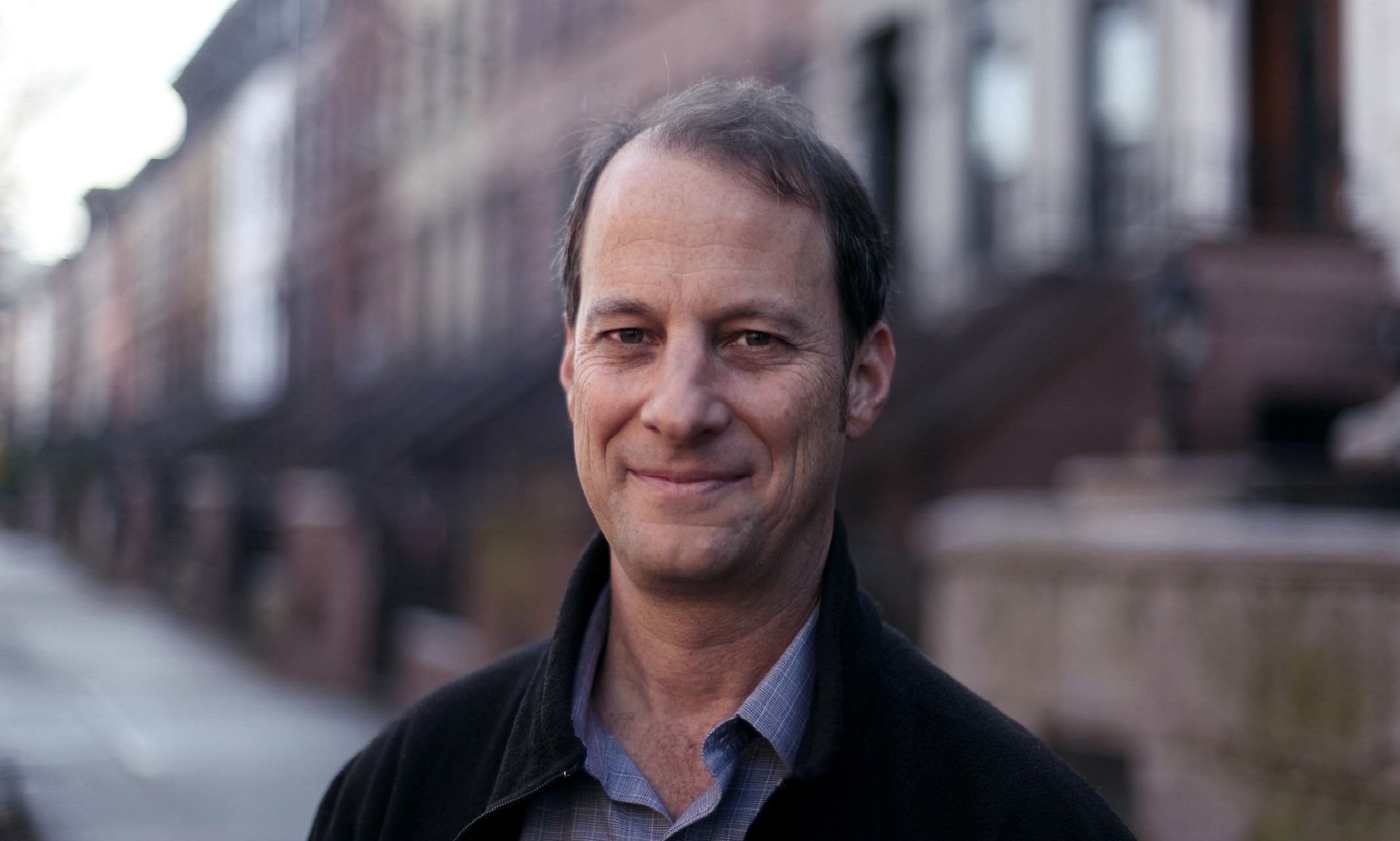The Carolyn Benton Cockefair Chair hosted writer George Packer in discussion of his latest book, “The Last Best Hope for Our Democracy.”
George Packer, staff writer at The Atlantic, contributor to The New Yorker and The New York Times won the National Book Award for Nonfiction in 2013 and was a Pulitzer Prize finalist in 2019. He began his remarks with an anecdote from a marriage therapist.
“When [the therapist] began to see eye rolling, sarcasm, sneering, snark, name-calling and mockery, he knew the marriage was headed for divorce,” he said. “Contempt, I think is the mood of our moment. American philosopher Scott Stevens calls contempt, “the vice that runs like acid.”
While Packer understands that this derision may feel rewarding to the person delivering the judgement at the time, ultimately, he thinks this type of discourse is damaging.
“I think it is as dangerous to democracy as it is to marriage.”
Basing many of his observations on history, Packer noted philosopher Alexis de Tocqueville’s view that was most striking feature of Americans is their commitment to equality in freedom.
“We should ask ourselves what will make us more capable of self-government. What institutions and practices shape citizens of a liberal democracy? We have to create the conditions of equality.”
“The passion for equality, the ardent, insatiable, eternal and invincible desire of democratic people to be as good as everyone else in political terms. This passion for equality is the only basis for shared citizenship.”
Recounting the political rancor of the last six years, Packer believes many people, regardless of political affiliation, have lost “the democratic act of listening, considering, compromising and reaching an imperfect decision. These are all betrayed by contempt.
“The acid of contempt erases the humanity of the other and releases us from our responsibility to the other.”
Once contempt is the norm, he contends, and the subject becomes group and not individuals, it is “easier to erase the humanity of an entire tribe, where the tribalism is one of its political views, or race, sex or region, contempt is especially hard to resist.”
He is alarmed at the artificial intelligence that drives social media which divides people to extreme states.
“We've in some ways, given up our free will and our agency, and our sense of responsibility and are simply reacting to algorithms.”
Packer quoted the German writer, Thomas Mann, who fled the Nazis in 1938 and came to America: “We must define democracy as that form of government and a society which is inspired above every other with the feeling and consciousness of the dignity of man.”
Packer believes maintaining the dignity of mankind is essential. He also believes that despite our current division, there is a way through.
“We should ask ourselves what will make us more capable of self-government. What institutions and practices shape citizens of a liberal democracy? We have to create the conditions of equality.”
He encouraged the audience to avoid contempt, retain a sense of commonality in our citizenship and to try to imagine the experience of people with whom they disagree. And in closing, he had two thoughts on being better democratic citizens.
“Education has a complex, but essential connection to democracy. Going back to Thomas Mann, he said democracy wishes to elevate mankind to teach it to think, to set it free.
“To Mann education has the opposite purpose of propaganda. It strives for human dignity, not contempt.”
The Cockefair Chair at UMKC presents scholars, artists and experts discussing their perspectives on contemporary issues and ideas. Every year, a prominent author or poet presents a public lecture and serves as the writer in residence for students in the Creative Writing Program for the UMKC English Department.

